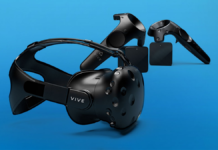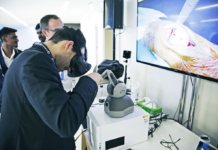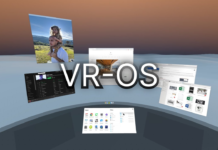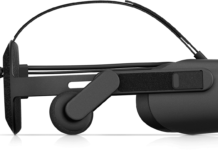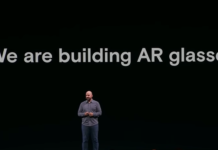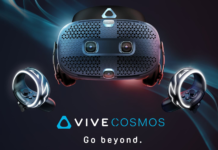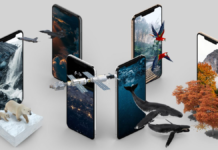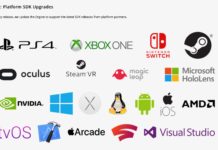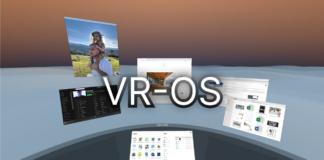The AR/VR startup from New York, Spatial, has secured the bag of $14 million in their latest round of Series A funding. This massive haul brings in their total funds to just over $22 million, all raised through investments.
This latest round was led by White Star Capital, iNovia, and Kakao Ventures. Spatial is continuing to get more funds from Instagram co-founder Mike Krieger. Krieger is also being joined by Zynga founder, Mark Pincus. As for the investors that helped in this second round but were more helpful in the first round are Samsung NEXT, LG Ventures, and Baidu Ventures. This company has a lot going in the term of money right now.
Spatial was founded back in 2016 by both Anand Agarawala and Jinha Lee. The company has been working hard for support on all major VR and AR headsets, and they’ve done a great job. The Oculus Quest, Magic Leap 1, Hololens 2, Qualcomm XR2, and compatible Android/iPhone devices along with standard computers.
The idea behind this company is to work seamlessly through shared workspace with your coworkers. This isn’t the first company have this idea, but they definitely are the most successful so far. They have some competing companies, but none of them are incorporating these ideas into virtual or augmented reality.

Microsoft Teams has the same idea. Even though this was released back in 2017, it has since been redesigned and optimized for new experiences. Their latest push in commercials has brought this software to the attention of millions. Before then, it wasn’t well known. Now, you’ll have trouble finding someone who hasn’t seen the commercial.
If Spatial wants to make it big, they’ll need to spend sometime on their advertising and marketing. Their idea is there, the software is great, and the money is available. The compatible headsets are in enough hands to make this a reality. This type of future is inevitable for some companies, especially those that rely on screen sharing and FaceTime calls to get their work done when they are miles and miles away.

Spatial has a bright future, regardless of how they deploy their software. They have found a solution to a problem that has been apparent for decades. As long as they give businesses the opportunity to use it, they will find sustained success. For more VR news and community updates, make sure to check back at VRGear.com.




